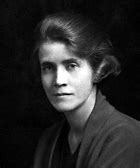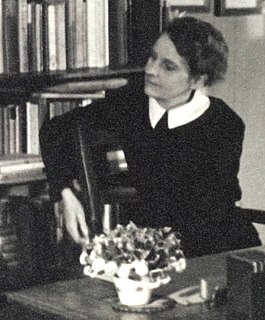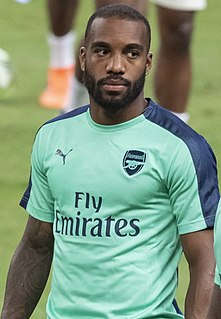A Quote by Philip Kitcher
For anyone who conceives literature in terms of plurality of perspectives, Finnegans Wake has to be the apogee. For, as we are told, every word in it has three score and ten "toptypsical" meanings - an exaggeration, of course, but an important reminder to readers who like their fiction definite.
Related Quotes
If an artwork never gets any attention from anybody, then obviously it's got problems. If it gains attention from a very small elite, then it's presumably doing something. Finnegans Wake gets a lot of attention from certain people who become passionate about it, who are usually very good readers in general. Although - I often talk about costs and benefits - it seems to me the costs of reading Finnegans Wake are not worth the benefits, however many there may be. And it's the same with the more arcane among poets, Zukofsky and so on.
I think [James] Joyce sometimes enjoyed misleading his readers. He said to me that history was like that parlor game where someone whispers something to the person next to him, who repeats it not very distinctly to the next person, and so on until, by the time the last person hears it, it comes out completely transformed. Of course, as he explained to me, the meaning in Finnegans Wake is obscure because it is a 'nightpiece.' I think, too, that, like the author's sight, the work is often blurred.
I don't really think in terms of the future of literature. I think literature will be around "forever" - but in a relatively niche way, like jazz and poetry, although probably more widely consumed than jazz and poetry since it's fundamentally a narrative form. And I think that's important and places like Word Riot and 'The New York Tyrant' and 'n+1' will be responsible for keeping it alive.
There are games where the striker will be useful for the team in terms of creating space and being involved in the game, without necessarily scoring, but he'll have played an important role for the team. But, of course, over the course of a season, I have to score goals, as that's what statistics reflect.
I do think that science fiction ideas are best expressed through visual media like film and TV. Realist literature depicts things that we have seen in life, but science fiction is different: what it depicts exists only in the author's imagination. When it comes to science fiction, the written word is inadequate.
Some readers read a book as if it were an instruction manual, expecting to understand everything first time, but of course when you write, you put into every sentence an overflow of meaning, and you create in every sentence as many resonances and double meanings and ambiguities as you can possibly pack in there, so that people can read it again and get something new each time.

































